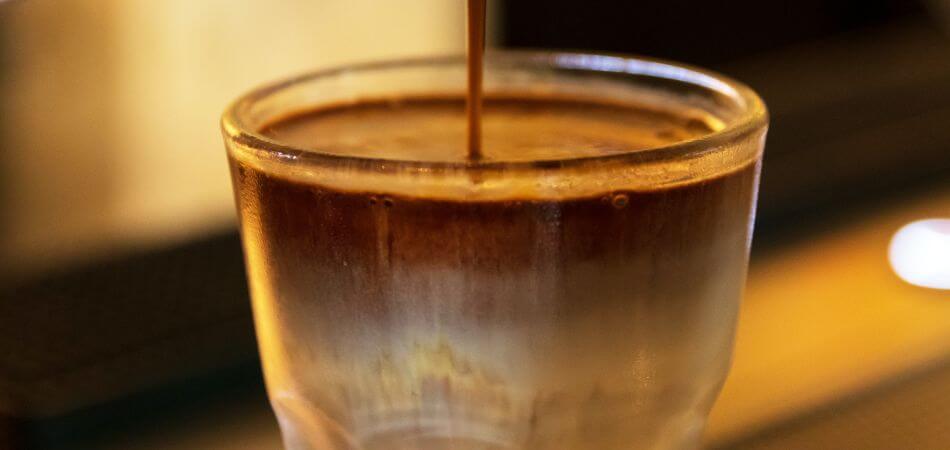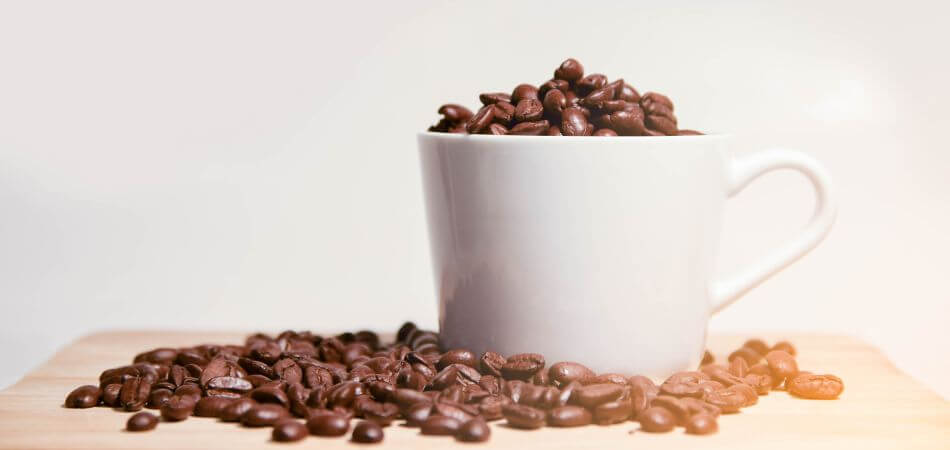How Much Caffeine is too Much for a Teenager?
Picture this: Your teen starts their day with a sugary iced coffee, grabs a soda at lunch, and then chugs an energy drink before soccer practice. Sound familiar? Caffeine is everywhere—and teens are consuming more than ever. But here’s the problem: Their bodies handle caffeine differently than adults, and too much can lead to anxiety, sleepless nights, and even long-term health effects.
So, how much caffeine is actually safe for a teenager? And what happens when they overdo it?
In this guide, we’ll break down:
✔ Official caffeine limits for teens (spoiler: It’s way less than adults!).
✔ Hidden sources of caffeine (hint: It’s not just coffee).
✔ Warning signs your teen is over-caffeinated.
✔ Healthier energy boosters that won’t cause a crash.
Whether you’re a worried parent or a teen curious about caffeine, let’s dive in—because smarter choices mean better energy and focus.

How Much Caffeine Can a Teenager Safely Have?
The Official Guidelines
Health experts agree: Teens should limit caffeine to 100mg per day (about one small cup of coffee). Here’s how that compares:
| Drink | Average Caffeine (mg) |
|---|---|
| Brewed Coffee (8oz) | 80–100mg |
| Energy Drink (12oz) | 80–300mg (!) |
| Soda (12oz) | 30–50mg |
| Black Tea (8oz) | 40–70mg |
(Source: American Academy of Pediatrics, FDA)
Why Teens Can’t Handle as Much as Adults
- Developing Brains: Caffeine affects focus, sleep, and mood regulation.
- Lower Body Weight: Less mass = stronger effects.
- Sleep Disruption: Even small amounts can delay deep sleep—critical for growth.
Parent Tip: Track their intake! A latte + soda + chocolate bar can easily exceed 100mg.
Where Is Caffeine Hiding in a Teen’s Diet?
Teens often underestimate caffeine because it’s not just in coffee. Here’s where it sneaks in:
Common Sources
✅ Coffee & Lattes (Starbucks’ grande has ~200mg—double the daily limit!)
✅ Energy Drinks (Monster, Red Bull, Bang—some have 300mg per can).
✅ Sodas (Mountain Dew, Coke, Pepsi).
✅ Tea & Chocolate (Yes, even green tea and dark chocolate count!).
Surprising Culprits
- Pre-Workout Supplements (Often packed with caffeine).
- Medications (Excedrin, Midol).
- “Decaf” Coffee (Still has 5–10mg per cup).
Teen Reality Check: That “harmless” after-school soda? It adds up fast.

Side Effects of Too Much Caffeine in Teens
Short-Term Problems
- Jitters & Anxiety (Ever feel wired but exhausted?).
- Crash & Irritability (Sugar + caffeine = mood swings).
- Sleep Struggles (Even afternoon caffeine can disrupt sleep).
Long-Term Risks
- Dependency (Needing caffeine just to feel “normal”).
- Poor Academic Performance (Sleep loss = worse focus).
- Heart Concerns (Rare, but high doses can spike heart rate).
Myth Buster: “Caffeine stunts growth” isn’t proven—but poor sleep from caffeine can impact development.
Is Your Teen Drinking Too Much? Warning Signs
Watch for these red flags:
🔴 Trouble falling asleep (Caffeine’s half-life is 5+ hours!).
🔴 Headaches (Withdrawal symptom if they skip caffeine).
🔴 Relying on energy drinks just to get through the day.
What to Do:
✔ Talk openly—no shaming, just facts.
✔ Suggest swaps (e.g., herbal tea instead of Monster).

Healthier Ways for Teens to Boost Energy
Skip the crash! Try these instead:
💧 Hydrate (Dehydration mimics fatigue).
🍎 Eat protein-rich snacks (Nuts, yogurt, eggs).
🚴 Move for 10 minutes (Exercise > energy drinks).
🌙 Prioritize sleep (The real energy solution).
Final Thoughts: Balance is Key
Caffeine isn’t evil—but moderation is everything. Stick to ≤100mg/day, watch for hidden sources, and focus on real energy (sleep, food, movement).
Your Turn: Did any of these caffeine facts surprise you? Share this with a teen (or parent) who needs it!
FAQ’s
Is 300 mg of caffeine too much for a 15 year old?
For a 15-year-old, 300 mg of caffeine is on the higher end and could lead to side effects like jitteriness or sleep trouble. It’s best to stay within 100-200 mg.
Is 200 mg of caffeine a lot for a 16 year old?
200 mg of caffeine is about two cups of coffee, which may be too much for a 16-year-old. It’s best to keep caffeine intake moderate to avoid jitters or sleep issues!
Is 100mg of caffeine a day ok?
Yes, 100mg of caffeine a day is generally safe for most people, about the amount in a cup of coffee. Just be mindful of how it affects you personally!
Is 600mg of caffeine bad for a 14-year-old?
Yes, 600mg of caffeine is too much for a 14-year-old, as it can cause issues like jitters, insomnia, and increased heart rate.




